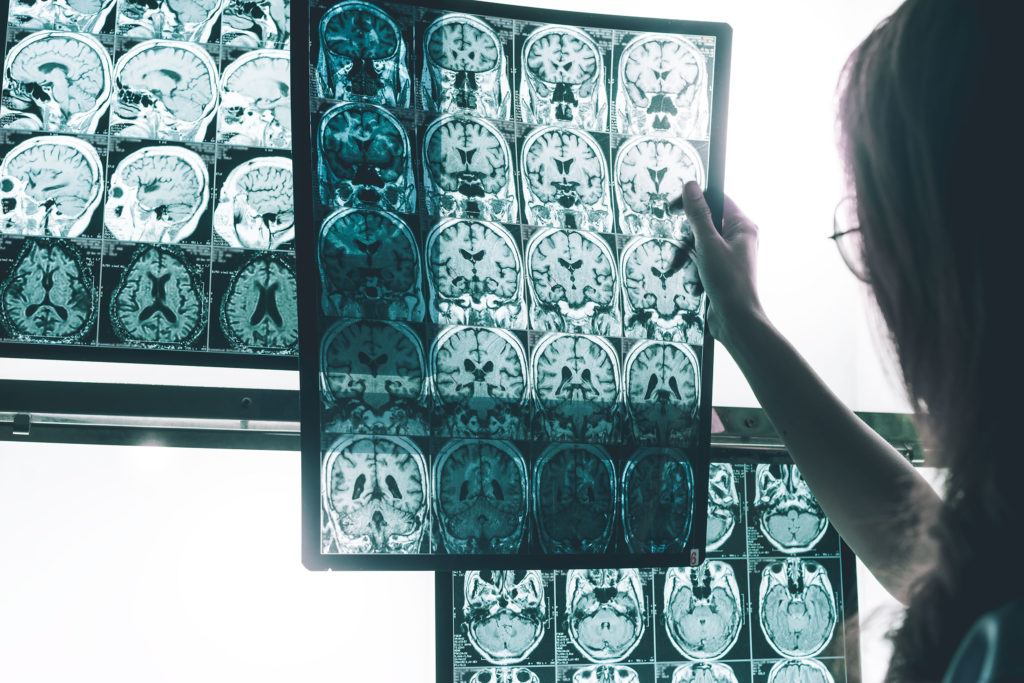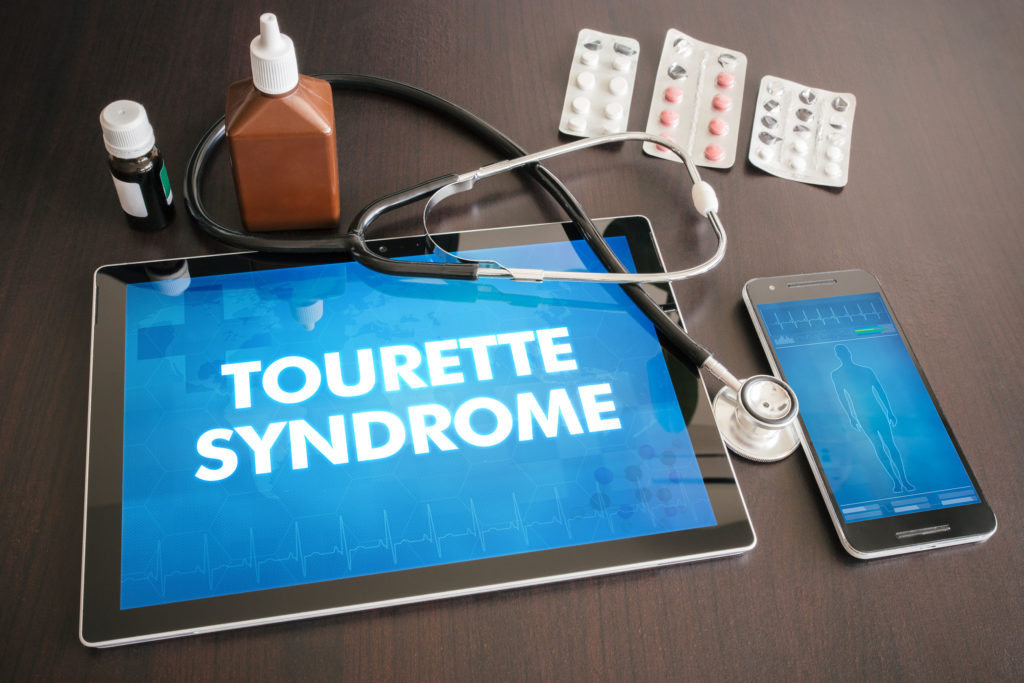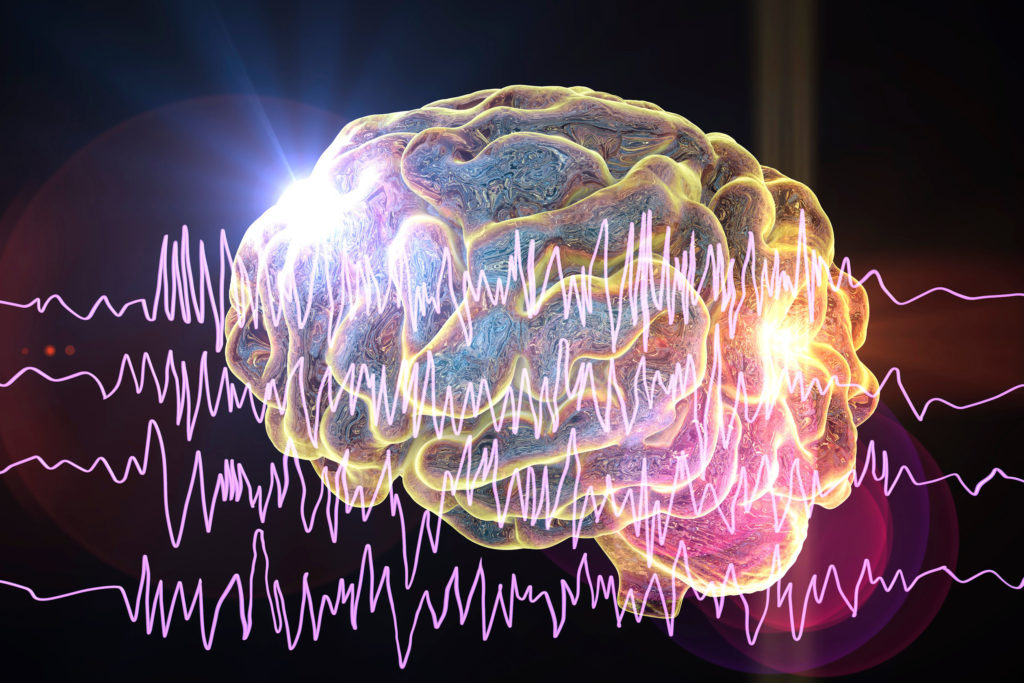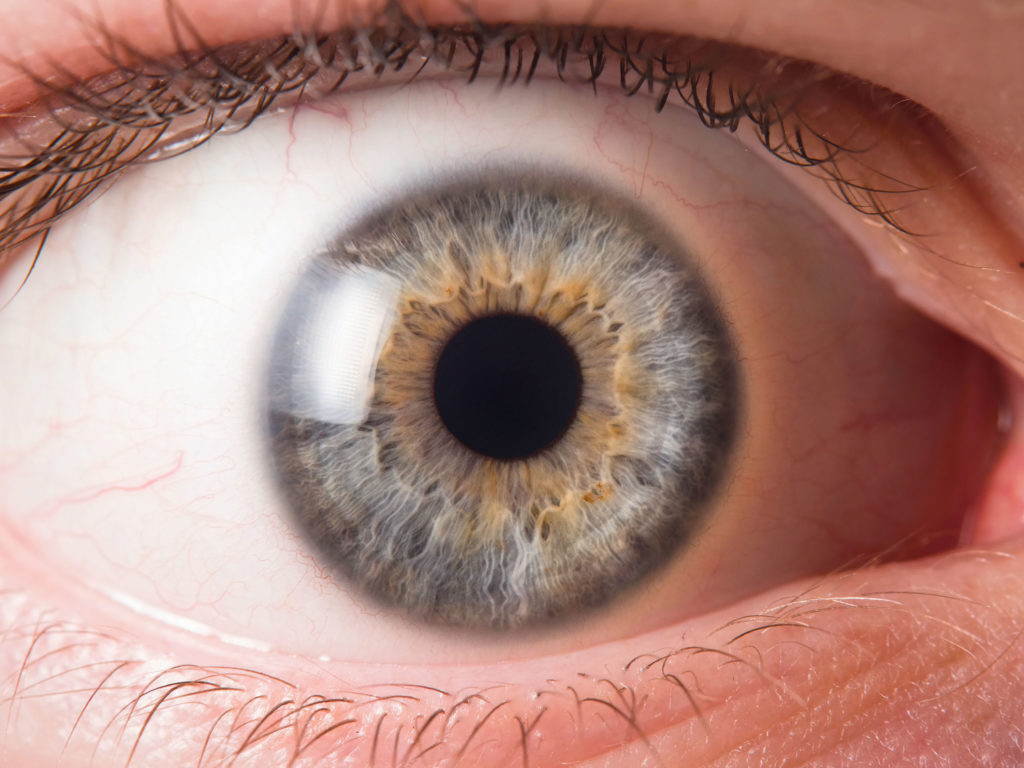10 Amazing Benefits Of Medical Marijuana
In the 19th century, everyone had cannabinoids available in their medicine chests. What then followed were decades of repression, fuelled by propaganda and lobbying. However, the world is on the brink of rediscovering cannabis as a medicine. Whether taken to combat pain, loss of appetite or inflammation, cannabis has the potential to combat the symptoms of many ailments.
Big, blond, super-fit and with a piercing stare from ice-blue eyes – Kyle Turley is a picture-book athlete. But appearances can be deceptive, because like many other professional athletes, he suffers from a range of health issues, such as headaches, depression, concussion and sleep disorders. For many years, he tried to manage these problems with a mixture of painkillers and psychiatric drugs. With zero success.
Things only started to improve when he stopped taking all his medications and started using marijuana instead. “It saved my life,” says Turley in the magazine Men’s Journal. More and more people are reporting experiences similar to his. They are turning to nature rather than pharmaceuticals.
There is one definite advantage: Occasional and low cumulative marijuana use was not associated with adverse effects on pulmonary function. This has been confirmed by a study by the University of California, carried out among a group of 5000 adults over 20 years.
But of course, all that glistens is not gold, and this applies to cannabis, too. We recently reported on Cannabinoid Hyperemesis Syndrome. Cannabis consumption undeniably carries a certain risk.
But there is barely any other medicine that can be used for so many illnesses. Here, we focus on 10 fantastic medical benefits of cannabis.

1. Cannabis combats pain
Countless patient reports and studies confirm the pain-relieving (analgesic) properties of cannabis. Definitive evidence that cannabinoids are effective in treating chronic pain comes in a report from the National Academies of Sciences, Engineering and Medicine. It is based on one of the most comprehensive studies ever conducted into cannabis.
Most people take medicinal marijuana as pain relief. In particular, patients suffering from cancer, migraines or multiple sclerosis (MS) report positive experiences.

2. Cannabis relieves nausea and stimulates the appetite
HIV is not a death sentence anymore. Yet even the most successful antiretroviral therapies come with a series of unpleasant side effects. These include nausea and loss of appetite.
Various surveys and studies confirm what anecdotal evidence has long suggested: Cannabis is proving to be extremely effective in the treatment of several HIV symptoms and side-effects.

3. Cannabis can replace opiates
The USA is currently afflicted by the biggest drug epidemic in its history. Every day, approximately 100 people die from an overdose of opioids such as heroin or fentanyl, and there is no end in sight.
Medicinal cannabis offers a glimmer of hope. It can reduce the need for opiate-based painkillers. For many addicts, cannabis also alleviates withdrawal symptoms.

4. Cannabis may slow the progression of Alzheimer’s Disease
Even very small quantities of tetrahydrocannabinol (THC) can help reduce the symptoms of Alzheimer’s Disease. The most common cannabinoids have long been claimed to have neuroprotective properties. Because Alzheimer’s is associated with inflammation of the immune system, cannabidiol (CBD) may also play a part in its treatment.

5. Cannabis eases inflammation
Naturopaths have been using marijuana to treat inflammation for thousands of years. The British company GW Pharmaceutical developed Sativex on the back of various pieces of research. This cannabis-based mouth spray has been successfully used in the treatment of the painful muscular cramps that can be triggered by multiple sclerosis.

6. Cannabis is effective against sleep disorders and nightmares
We all suffer from insomnia from time to time, counting sheep and still unable to fall asleep. Occasional insomnia is part of life, but when sleep disorders become chronic, they rapidly cause problems for the person affected. Many resort to sleeping pills which, while effective, are controversial, mainly because people can become addicted to them.
One physician’s opinion, Dr Michael Moskowitz, psychiatrist and scientific author, prefers to prescribe his patients a plant-based alternative. “I’d rather have someone on a high THC tincture at night than on Lunesta, Ambien or any such hypnotic sleeping pill. Cannabis is the best sleep medicine that I have ever used on patients.”
PTSD (Post-Traumatic Stress Disorder ) patients also report positive effects in alleviating nightmares.

7. Cannabis reduces the frequency of tics in Tourette’s patients
Tourette Syndrome is a neuropsychiatric disorder that manifests itself in physical and vocal tics. It typically involves socially unacceptable comments, which can be very awkward for the person affected.
Several studies are researching the effectiveness of cannabis for Tourette sufferers. As well as reducing the frequency of tics, it is notable for its capacity to reduce anxiety and aid sleep.

8. Cannabis helps Parkinson’s patients in many respects
Parkinson’s occurs when the nerve cells in a certain part of the brain die off. After Alzheimer’s, it is the second most common neurodegenerative disease. Parkinson’s initially affects motor skills, followed by mental and psychological symptoms such as dementia and depression.
Cannabis can be a blessing for many Parkinson’s patients. Many report feeling fitter and happier, and suffer fewer tremors (shaking) and less stiffness.
See for yourself what cannabis is capable of:https://www.youtube.com/embed/zNT8Zo_sfwo?feature=oembed

9. Cannabis relieves convulsions
Anyone interested in the medicinal potential of cannabis will inevitably come across the story of Charlotte Figi. It is the story of a young girl who, thanks to a CBD-rich cannabis strain, was able to manage her epileptic attacks.
The anti-convulsive properties of cannabis have long been known. The first scientific references to this date back to 1947. The precise mechanism behind this is still being researched.

10. Cannabis reduces intraocular pressure
Glaucoma is a group of eye diseases that, in extreme cases, can lead to blindness. Increased pressure in the eye is a deciding risk factor in many cases.
Cannabis-based eye drops known as Canasol offer a remedy. An exceptionally perfidious type of glaucoma, known as angle-closure glaucoma, also includes strong pain in the eyeball. The broad effectiveness of cannabis as a painkiller, muscle relaxant and mood enhancer improves the situation of many patients.
- Disclaimer: This article is not a substitute for professional medical advice, diagnosis, or treatment. Always consult with your doctor or other licensed medical professional. Do not delay seeking medical advice or disregard medical advice due to something you have read on this website.
- Medically reviewed by Sanjai Sinha, MD

 Previous Post
Previous Post Next Post
Next Post